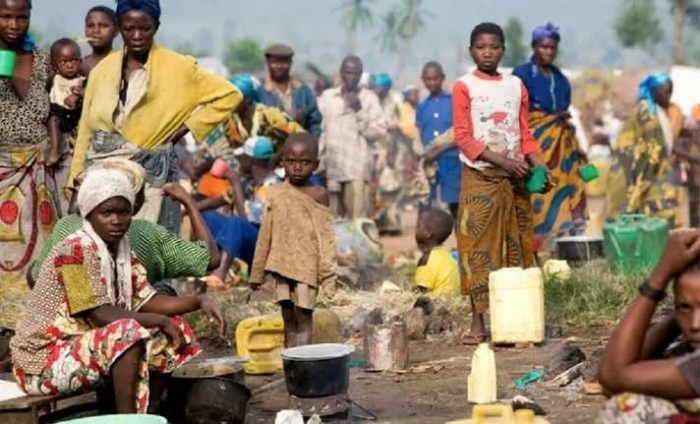According to the World Bank's April 2025 Poverty and Equity Brief, poverty among Nigeria's rural population has reached a critical 75.5%, underscoring growing inequality across the country. This rate is nearly double the urban poverty rate of 41.3%.
The report reveals that overall poverty in Nigeria continues to display stark regional disparities. Northern geopolitical zones recorded a 46.5% poverty rate in 2018/19, compared to just 13.5% in southern regions. Before the COVID-19 pandemic, 30.9% of Nigerians lived below the international extreme poverty line of $2.15 per day.
Economic circumstances have deteriorated since then, with World Bank projections estimating that by 2024, over 54% of Nigerians would be living in poverty. The report attributes this to multiple factors including economic shocks, rising insecurity, and persistent inflation.
The crisis disproportionately affects certain demographic groups. Children aged 0-14 face a 72.5% poverty rate, while adults without formal education experience a 79.5% poverty rate. Even those with secondary education show a 50% poverty rate, compared to 25.4% for those with tertiary education.
Multidimensional poverty indicators further illustrate the challenges: 32.6% lack access to limited-standard drinking water, 45.1% don't have limited-standard sanitation, and 39.4% have no electricity access.
The World Bank notes that poverty reduction had nearly stagnated before the pandemic, declining by only half a percentage point annually since 2010. This slow progress is attributed to structural economic challenges, particularly Nigeria's continued dependence on oil and vulnerability to climate shocks affecting agriculture.
Since 2018/19, an estimated 42 million additional Nigerians have fallen into poverty. Recent macroeconomic reforms have begun stabilizing the economy, but high inflation continues to erode purchasing power, with labor incomes failing to keep pace with rising costs.
The World Bank recommends urgent reforms to protect the poorest from inflation and boost livelihoods through productive employment. While acknowledging government efforts like temporary cash transfers targeting 15 million households, the report emphasizes the need for stronger social protection systems, investments in education, health, and infrastructure, and economic diversification beyond the oil sector.
